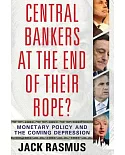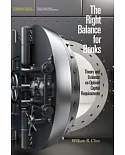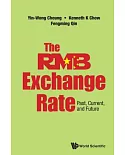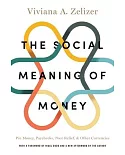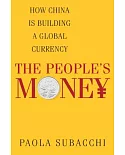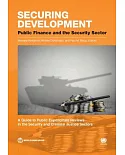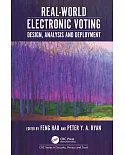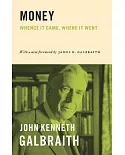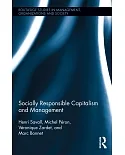Zou describes Chinese rural areas as in a turbulent phase of transition: conflict between urbanization and rural development, between the huge administration system and the shortage of
resources, between small-scale production and big market, between land operation rights and land ownership, and social conflicts. He promotes a new approach to coordinate urban and rural
economic and social development: deepen the reform of the county-level administrative system, economic system and land system, speed up the construction of the market and society at the base
level, and enhance the overall integrated and intrinsic dynamics of the county-level economy. Eleven chapters are: county economy is the base of China’s modernization; to strengthen the
building of county governance capacities; further improve the mechanism to ensure “land to the tiller”; land rights relationship analysis; land financial market construction; gains and losses
in abolishing agricultural tax and the countermeasures; rural development strategy analysis; new-type household manufacturing and new-type organization; development-oriented finance boosts
sustainable urbanization; the development-oriented finance supports ecological governance of the southwest rock desertification; new ideas for the agricultural cooperation between China and
South American countries. Annotation ©2015 Ringgold, Inc., Portland, OR (protoview.com)



